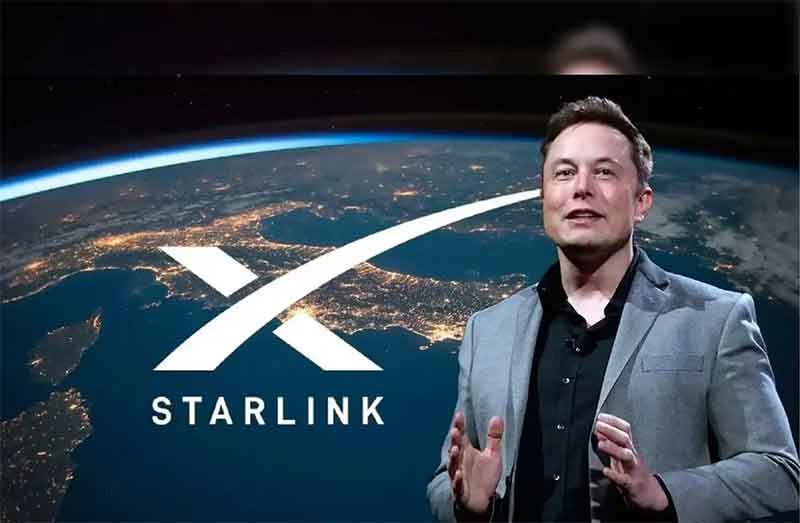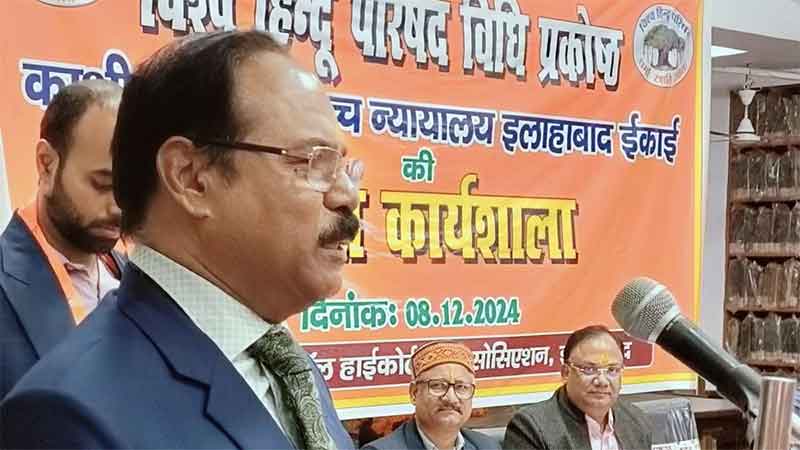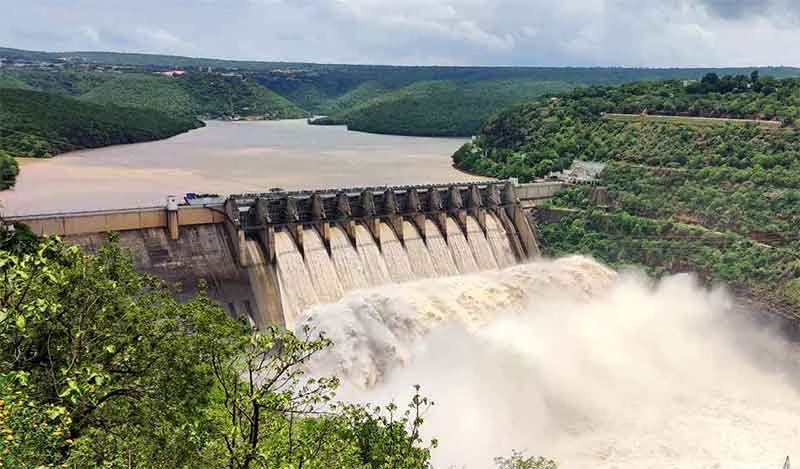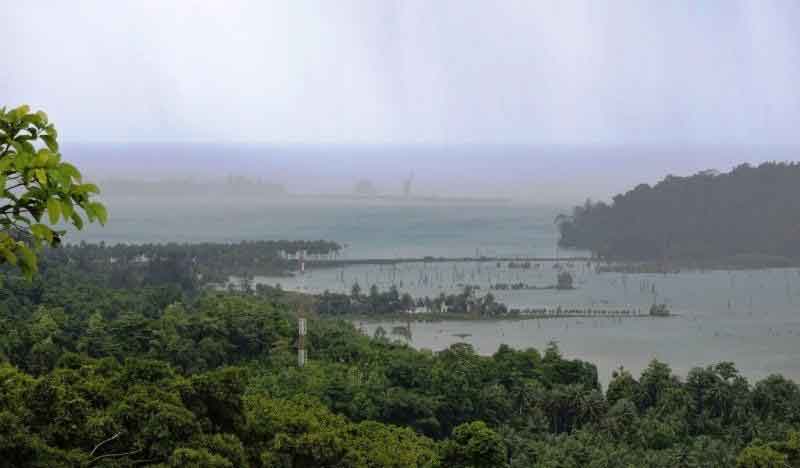
To
Mr. Masato Kanda
President
Asian Development Bank (ADB)
Dear Mr. Kanda,
Having represented India on ADB’s Board in the past, I feel dismayed and distressed about newsreports about the Bank abruptly reversing its policy not to fund nuclear power projects (https://www.afr.com/world/asia/asian-development-bank-mulls-lifting-nuclear-power-funding-ban-20250616-p5m7u5)
Considering that the World Bank rushed into taking a similar decision only a few days ago (https://www.ft.com/content/d80b68ec-3da8-42ea-82ee-4cab22b31a69), it looks as though the two global development financing agencies have acted in unison, not on the basis of any exercise of due diligence, but as a result of persistent lobbying by an influential group of nuclear reactor and fuel supplier oligarchs, for promoting their own narrow commercial interests.
If ADB has already made up its mind on this, it marks the beginning of an era in which global development financing gets relegated to the background, yielding place to public resources being appropriated for subjecting people to undue risk and diminishing their welfare, merely in order to enable a few corporate entities to profiteer at their cost.
In this connection, I had cautioned the President of the World Bank about a couple of months ago, not to yield to external pressure in this matter (https://countercurrents.org/2025/03/would-it-be-prudent-for-the-world-bank-to-lift-ban-on-nuclear-power-projects-the-bank-should-resist-pressure-from-nuclear-reactors-lobby/).
In particular, I invited the World Bank President’s attention to research findings from a life-cycle assessment of nuclear power ((https://pmc.ncbi.nlm.nih.gov/articles/PMC10537461/), which showed that the generation one KWH of electricity from a nuclear source would result in 5.42 to 122 g CO2 equivalent for adverse climate change, 10.8–950 Bq 235U equivalent for harmful ionizing radiation, 22.4–222 millipoints of use of land which is scarce, and from 282 to 1700 CTUh for combined human toxicity (carcinogenic and non-carcinogenic). In turn, toxicity harms people’s health and their productivity in many ways.
I further apprised the World Bank President of an assessment made by researchers of Max Planck Society in Germany of the probability of occurrence of Fukushima-like accidents at nuclear power plants (https://www.mpg.de/5809418/reactor-accidents), a summary of which is as follows: “Catastrophic nuclear accidents such as the core meltdowns in Chernobyl and Fukushima are more likely to happen than previously assumed. Based on the operating hours of all civil nuclear reactors and the number of nuclear meltdowns that have occurred, scientists at the Max Planck Institute for Chemistry in Mainz have calculated that such events may occur once every 10 to 20 years (based on the current number of reactors) — some 200 times more often than estimated in the past. The researchers also determined that, in the event of such a major accident, half of the radioactive caesium-137 would be spread over an area of more than 1,000 kilometres away from the nuclear reactor”
The World Bank and the distinguished members of its Board had evidently no time or inclination to address such public concerns.
As a former member of Japan’s Ministry of Finance, you were no stranger to the unfortunate fall-out from the ghastly Fukushima nuclear disaster.
According to a news report (https://www.cgdev.org/event/fireside-chat-asian-development-bank-president-kanda), the following was how you described the challenge that Fukushima posed to financial planners of Japan at that time:
“Another thing, in 2011, when I was the budget examiner at the Ministry of Finance, I faced again a terrible disaster. The so-called North Japan Great Earthquake and the tsunami, including the Fukushima first nuclear reactor plant accident. I was in a sense, responsible for leading or coordinating the response to this thing. Obviously, there was no textbook, there was no precedent. I found you needed to be very much creative, innovative, proactive, and risk-taking. Most importantly, the collaboration is very much important. I couldn’t do anything by myself alone. Of course, before acting collectively, I needed to listen to the people, from the Prime Minister to the victims on the ground, and the private and public, and the whole sectors. I learned quite a lot. After all, I could formulate some of the packages for the support for the victims and the revitalization of the affected”
As you have pointed out correctly, every new nuclear power reactor accident has taught the humanity new lessons, as extrapolation of past experience has never proved to be true. Unlike the earlier accidents at Three Mile Island and Chernobyl, Fukushima revealed far more unprecedented challenges.
At the site of the stricken Fukushima reactor, over one million tonnes of radioactive water has accumulated over the last 14 years and another 70 tonnes are getting added daily. Even at the present rate of 150 tonnes of it discharged into the Pacific ocean to the discomfort of people in neighbouring countries, it may take more than three decades for the accumulated inventory of contaminated water to get fully discharged. This may eventually prove to be over-optimistic. The decommissioning of the plant and de-contamination of the plant site may take more than four decades, costing more than $200 billion or even more!
Having been a former member of India’s Ministry of Finance, I can well imagine what a Fukushima-like accident would imply for a country like India, struggling to balance its budget and find sufficient resources to fund its development programme
As recently as in 2021, ADB had come up with a document on its energy policy (https://www.adb.org/sites/default/files/institutional-document/737086/energy-policy-2021.pdf) which categorically affirmed that “ADB will not finance investments in nuclear power given the many barriers to its deployment, including risks related to nuclear proliferation, waste management and safety issues, and very high investment costs relative to ADB’s resources“.
Considering that there has been no change whatsoever since 2021, it is inexplicable that ADB should make a volte-face in its policy so soon and so abruptly!
The only rational explanation that one can offer for such a well-orchestrated, regressive U-turn in policy, jointly by the World Bank and the ADB, is that both have come under undue pressure to throw caution to the wind and, instead, dilute their role as development financing institutions in favour of promoting narrow corporate interests.
Before considering any reversal in policy on nuclear power, I would pose the following important questions to be addressed by ADB’s Board:
- After 2021, when ADB had so unequivocally decided not to fund nuclear power, have there been any exceptionable advances in nuclear technology that so drastically altered its risk-profile as to force ADB to reverse its decision?
- Have ADB’s experts attempted a comprehensive life cycle assessment of the risk profile of nuclear power, covering upstream mining of Uranium, its transportation, its processing as a fuel in a reactor for generating electricity, the compound probability of an accident at multi-reactor power complexes that the Bank would be required to fund in the coming years, adverse socio-economic impacts of such accidents on communities resident within at least 80km of each such nuclear power complex (https://www.nrc.gov/reading-rm/doc-collections/fact-sheets/emerg-plan-prep-nuc-power.html) and the compound social cost of nuclear power computed on that basis?
- Has ADB reviewed the status of functional atonomy of nuclear safety regulatory institutions in countries where the Bank would be required to fund nuclear power and, if those institutions lack adequate independence, the implications of it for the safety of nuclear power?
- Is the ADB aware that the same corporate oligarchs, who are forcing the Bank to alter its policy to suit their commercial interests, have also been pressurising governments in the donee countries to dilute their existing laws on liability for accidents so as to exempt those oligarchs from bearing the cost of accidents attributable to their own shortcomings at the cost of the communities that get affected by those accidents? Has the ADB attempted to assess how such legal changes would incentivise reactor suppliers to cut corners in safety in matters concerning reactor design, use of substandard material used in reactor manufacture etc.?
- Is the ADB aware that the reactor-supplying countries which are pressurising the Bank to further the commercial interests of their corporate allies are also leaving little freedom for the donee governments in subjecting reactor and fuel deals to transparent competitive bidding procedures, thereby forcing the latter to be subject to undue economic exploitation? Has the ADB assessed the socio-economic cost of such exploitation from the point of view of the people in the donee countries?
- Finally, has the ADB assessed the adverse impact of its decision to fund nuclear power on skewing energy policies in donee countries against a range of economically more advantageous decentralised energy generation choices available to them?
I earnestly believe that it would be tragic if the distinguished members of ADB’s Board fail to address each of he above questions individually and hastily give their uninformed consent to funding nuclear power, to subserve the narrow commercial interests of a few influential reactor supplier companies.
That such an imprudent decision being taken under the leadership of a person like you, better aware of the potential risks of nuclear power than anyone else, would be far more distressing and disappointing!
Such hasty decisions on the part of ADB without adequate application of mind will undoubtedly erode its credibility.
I hope that good sense will eventually prevail on the distinguished members of ADB’s Board and ADB will refrain from altering its time-tested policy not to fund nuclear power.
Regards,
Yours sincerely,
E A S Sarma
Former Secretary to the Government of India
Visakhapatnam (India)
Subscribe to Our Newsletter
Get the latest CounterCurrents updates delivered straight to your inbox.














































